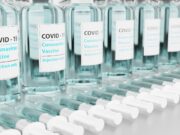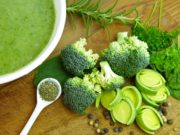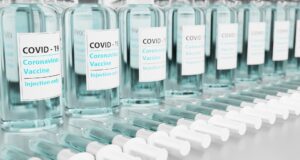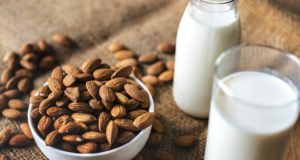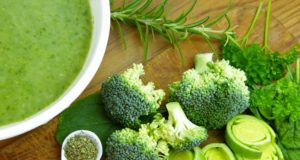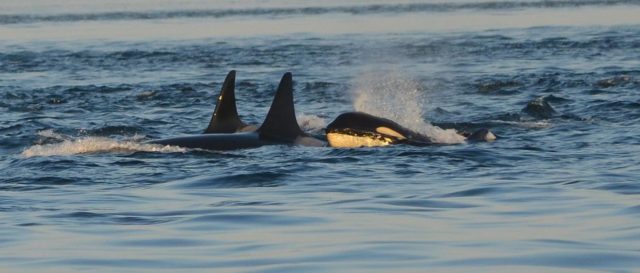Recently an Orca killer whale seen in Washington State’s Puget Sound keeping her dead calf afloat. This unusual behavior shows us 2 things:
1) there is much more to these seafaring mammals than we give credit for and
2) as the prime source of food for killer whales, salmon is far from being in a healthy state. Sadly the condition of these Chinook salmon that is their common food source is disastrous and their numbers have dwindled alarmingly.
Recent study of the wild salmon in Puget Sound, researchers finds 40 different contaminants. Experts on the subject feel that consumption of Atlantic Farmed Salmon should be restricted to once every 2 months. Pacific is not much better at once a month as the recommended limit.
Let us not even venture into microplastic pollution…this now a major pollution source and severely damaging to aquatic life. Literally we are killing our oceans and everything in it! Soon we will be faced with another gigantic grim reality and that is of genetically modified farm fish!
A sign of the times when Costco, equivocate, with a choice of Wild Salmon besides Farmed Salmon. The Aquaculture industry now not sustainability solution for the over fishing of our oceans! Reality is that those salmon, trapped in fecal contaminated nets open to our oceans, or in ‘land locked’ fish tanks, require from about 1.5 kilograms to as much as 8 kilograms of wild fish to produce just a single kilogram of farmed salmon. Farmed Fish Frightening Failure!
So as so often seems to happen these days…the opposite concept becomes reality! Farmed Fish Frightening Failure!
It may be that farmed salmon contains as much as five times the amount of toxins than any other food! What an indictment!
This is caused by a simple explanation. A main ingredient for farmed salmon feed is fatty fish. Eel, for example is selected for its high protein and fat content. The problem though is that many toxins readily bind to fat, and as a result the fish feed industry finds itself using fish unfit for human consumption due to a resulting elevated toxicity.
Government recommendations suggest not eating fatty fish like herring from the Baltic Sea more than once a week, and if pregnant, fish from the Baltic should be avoided altogether.
Fast moving fish with short life spans is the answer… they avoid heavy contamination with the likes of mercury! How to tell the fish is wild? They are usually lean and do not contain wide fat markings! Good example Alaska Salmon! The stripes of white fat in the meat are accordingly quite lean and close together! Sardines are also good and anchovies! Also Herring sometimes, and maybe not more than once a week if from contaminated areas as intimated above! Farmed Fish Frightening Failure!







